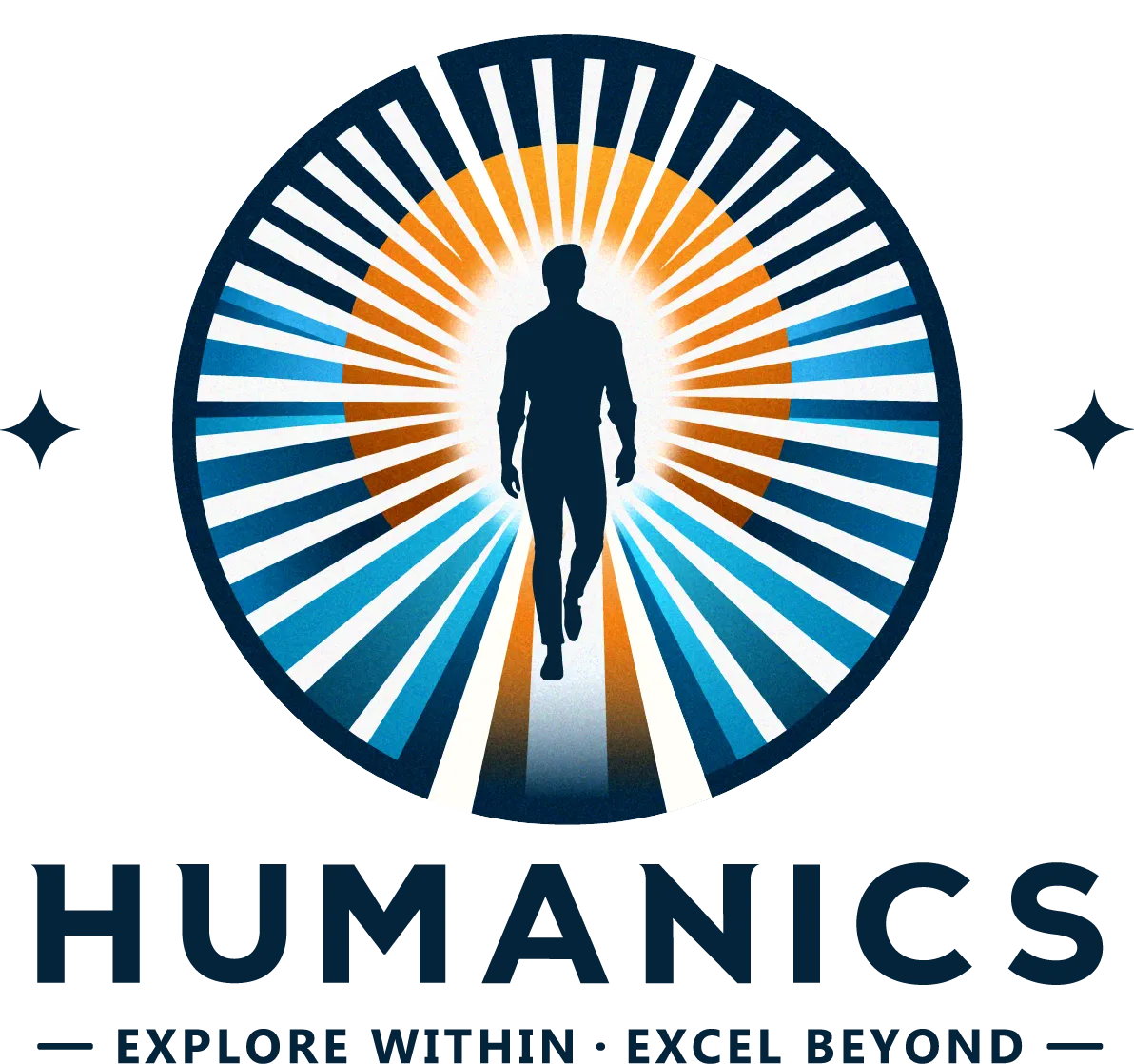
Why Self-Reflection Unlocks Personal Growth
Self-reflection has been a game-changer in my personal growth journey. By taking the time to pause and think about my thoughts, actions, and experiences, I’ve gained a better understanding of myself. This deeper self-awareness has been invaluable, helping me make more informed decisions and fostering continuous improvement.
Regular self-reflection allows me to identify patterns in my behavior and thought processes, highlighting areas where I can grow. It’s like holding up a mirror to my mind, showing me both my strengths and the parts that need work. Through this practice, I’ve been able to align my actions more closely with my values and goals, leading to a more fulfilling and purpose-driven life.
In this article, I’ll delve into why self-reflection is crucial for personal growth. I’ll share the benefits it brings, techniques to make it effective, common obstacles you might face, and how to integrate it seamlessly into your daily routine. By understanding and practicing self-reflection, you too can unlock your potential and achieve personal growth.
Benefits of Self-Reflection for Personal Growth
Self-reflection offers countless benefits that accelerate personal growth. One major advantage is increased self-awareness. By taking the time to examine my thoughts and actions, I’ve gained a clearer understanding of my strengths and weaknesses. This self-awareness allows me to recognize patterns in my behavior that either help or hinder my progress. Knowing what drives me and what holds me back empowers me to make more informed choices, aligning my actions with my long-term goals.
Another benefit is improved emotional intelligence. Self-reflection helps me understand my emotions better, enabling me to manage them more effectively. By recognizing triggers and responses, I can control my reactions and maintain emotional balance in challenging situations. This emotional intelligence improves my relationships with others, as I become more empathetic and better at communicating my feelings. The result is a more harmonious personal and professional life, where I can navigate conflicts and build stronger connections.
Furthermore, self-reflection fosters a growth mindset. By regularly evaluating my experiences, I shift my focus from failures to learnings. Instead of dwelling on mistakes, I see them as opportunities for growth and improvement. This mindset encourages continuous learning and resilience, helping me bounce back from setbacks and stay motivated toward my goals. Overall, self-reflection is a cornerstone practice for anyone committed to personal growth and self-improvement.
Techniques for Effective Self-Reflection
To make self-reflection effective, it requires both intention and consistency. Here are some techniques I’ve found helpful:
1. Journaling: Writing down my thoughts, feelings, and experiences allows me to process them more thoroughly. I make it a habit to journal daily, reflecting on what went well, what didn’t, and what I learned. This practice provides a structured way to analyze my day and identify areas for improvement.
2. Asking Probing Questions: I use questions to guide my reflections, such as “What did I do well today?” and “What could I have done better?” These questions help me focus on specific aspects of my behavior and decisions, making my reflections more productive.
3. Meditation and Mindfulness: Practicing mindfulness helps me stay present and aware of my thoughts and emotions. By meditating, I can observe my mind without judgment, gaining insights into my inner world. This practice calms my mind and fosters a deeper understanding of myself.
4. Seeking Feedback: Getting input from trusted friends or mentors provides an external perspective on my behavior and progress. I regularly ask for feedback to identify blind spots and areas where I might need to improve. This external input complements my self-reflection, giving me a well-rounded view of my growth.
5. Setting Reflection Goals: I set specific goals for my reflective practice, such as understanding my reactions to stress or improving my time management skills. These goals give my reflections a purpose and direction, making them more focused and impactful.
By incorporating these techniques into my routine, I’ve made self-reflection a powerful tool for personal growth. The key is to be consistent and intentional, using each reflection session to gain deeper insights and drive meaningful changes in my life.
Common Obstacles to Self-Reflection and How to Overcome Them
While self-reflection is valuable, it can be challenging. One common obstacle is the lack of time. As an entrepreneur or aspiring leader, your schedule is often packed, making it difficult to carve out moments for self-reflection. To overcome this, I started by setting aside just five minutes each day for reflection. Gradually, I increased the time as I began to see its benefits. Even a few minutes can make a significant difference, helping you stay consistent with the practice.
A major obstacle can be discomfort with honest introspection. It can be tough to face your weaknesses and mistakes. I overcame this by practicing self-compassion. Instead of beating myself up over errors, I approached my reflections with a mindset of learning and growth. I reminded myself that recognizing mistakes is a step toward improvement, not a reason for self-criticism. This positive approach made the process less daunting and more constructive.
Distraction is also a major impediment to effective self-reflection. In our fast-paced world, it's easy to get sidetracked by notifications, tasks, or other interruptions. To counter this, I created a dedicated, quiet space for my reflective practice. Turning off notifications and informing those around me about my quiet time helped me focus better. Having a routine also reduces distractions, as my mind and environment become conditioned for reflection.
Implementing Self-Reflection in Your Daily Routine
Integrating self-reflection into your daily life ensures that it becomes a consistent and beneficial practice. One effective way is to tie it to an existing habit. For example, I reflect while enjoying my morning coffee or during a walk. Associating self-reflection with activities I already enjoy makes it easier to sustain the habit.
Another strategy is to use prompts or questions to guide your reflections. I keep a list of thought-provoking questions handy, such as, “What did I learn today?” or “How did I handle stress this week?” These prompts provide direction and keep my reflections focused and productive. They also prevent my mind from wandering, ensuring that my reflective sessions are impactful.
You can also harness technology to boost your self-reflection practice. I use apps with guided prompts and reminders to make sure I don’t skip my reflection time. These tools can help you stay on track and make your self-reflection practice more structured. Additionally, setting specific goals for your reflection sessions, like improving a particular skill or understanding certain emotions, adds purpose to each session.
Finally, make reflection a part of your wind-down routine at the end of the day. Reflecting before bedtime allows you to process the day’s events and clear your mind, promoting better sleep. This practice helps you end the day with a sense of accomplishment and clarity, ready to start fresh the next day.
Conclusion
Self-reflection is the cornerstone of personal growth. By understanding its benefits and implementing effective techniques, you can overcome common obstacles and make it a seamless part of your daily routine. Self-reflection allows you to gain deeper insights into your thoughts and actions, fostering continuous improvement and emotional intelligence. It’s a transformative practice that empowers you to align your behaviors with your values and long-term goals.
If you're ready to tap into your full potential, consider exploring The Process® at Janet Hogan. Our bespoke coaching programs are designed to help you overcome self-doubt and become the best version of yourself. Start your journey towards profound personal growth today with Janet Hogan.



